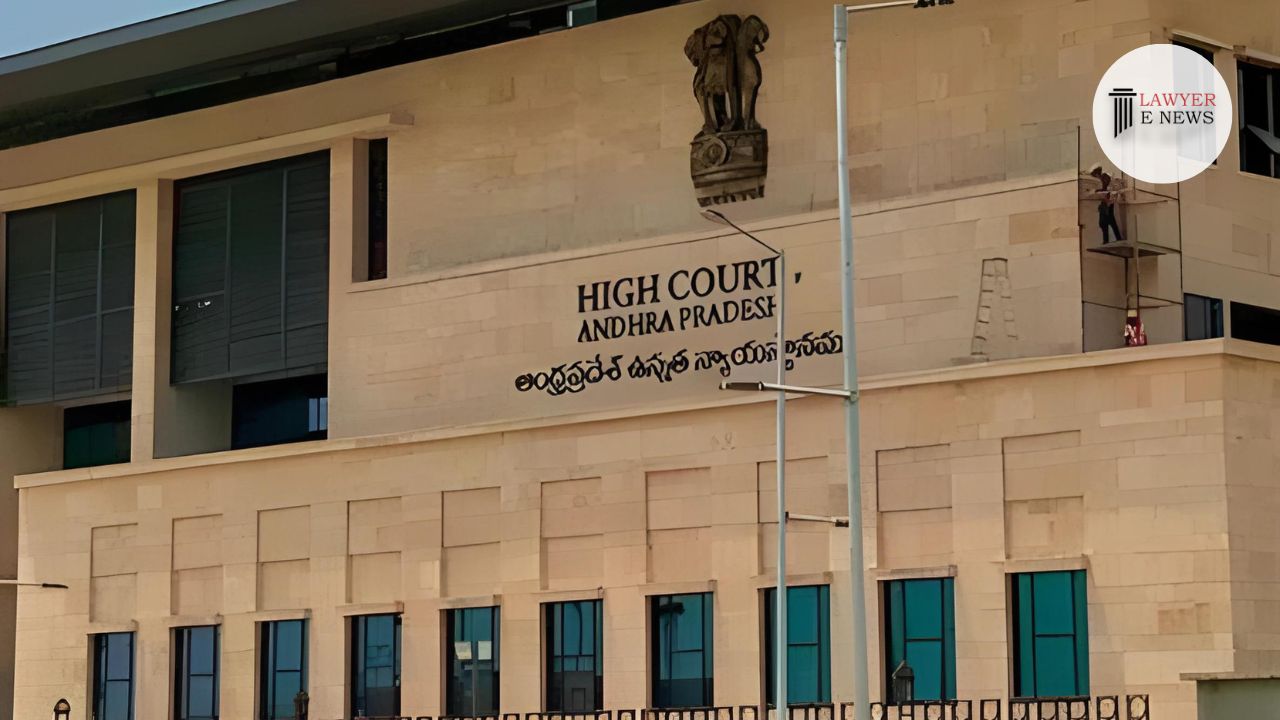-
by Admin
15 February 2026 5:35 AM



The Andhra Pradesh High Court dismissed a Second Appeal filed by contractor G. Bhagavat Singh, affirming the decision of the appellate court in a protracted dispute over compensation claims for withheld payments, material costs, and damages arising from a government irrigation project. Justice T. Mallikarjuna Rao emphasized the limits of second appellate jurisdiction under Section 100 of the Civil Procedure Code (CPC), rejecting the contractor's claims as lacking substantial legal questions and supporting the lower court's assessment of the facts.
The appellant, a contractor for the irrigation department, sought recovery of ₹60,739, alleging misuse of his materials, non-payment for watch and ward expenses, damages for withheld payments, and interest. The dispute originated from a 1984 contract for constructing a pump house to provide irrigation facilities. Midway through the work, the department halted the project for technical approvals, leading to delays and a series of claims by the contractor.
The trial court had initially awarded ₹31,000 to the contractor, including compensation for materials, damages, and withheld amounts. Dissatisfied, the government filed an appeal, and the appellate court reduced the award to ₹21,000, excluding ₹7,000 for withheld amounts and ₹3,000 for watchman charges. This reduction prompted the contractor's Second Appeal.
Justice Rao reaffirmed that the scope of a Second Appeal under Section 100 CPC is confined to addressing substantial questions of law and does not permit re-evaluation of factual findings unless they are manifestly perverse. Citing precedents, including Hero Vinoth v. Seshammal, the court held that:
“The jurisdiction to interfere in the second appeal is only where there is an error in law or procedure and not merely an error on a question of fact.”
Compensation for Materials: The contractor claimed materials worth ₹20,000 were used by the department without authorization. Evidence from multiple witnesses, including a retired PWD attender and a mason, corroborated that the materials were utilized. However, inconsistencies in the evidence and a lack of documentation led the appellate court to cap the compensation at ₹20,000.
Withheld Amounts: The contractor's claim for ₹7,000 in withheld payments was dismissed. The court noted that the contractor had signed a discharge certificate relinquishing all claims related to the contract.
Watchman Charges: The claim for ₹3,000 for employing a watchman was excluded due to conflicting testimonies. The appellate court found no concrete evidence to support the alleged employment or expenses.
Interest Claims: The High Court supported the appellate court's decision to award interest from the date of filing the suit, as there was no prior demand for interest.
Justice Rao concluded that the findings of the appellate court were well-reasoned and based on a meticulous examination of evidence. Emphasizing that factual determinations of lower courts are binding unless significant legal errors are demonstrated, the court stated:
“This Court cannot substitute its own opinion unless the findings of the Courts below are manifestly perverse and contrary to the evidence on record.”
The appeal was dismissed without costs, and the appellate court's judgment was upheld, marking the end of a protracted legal battle over contractual obligations in a government project.
Date of Decision: November 28, 2024
